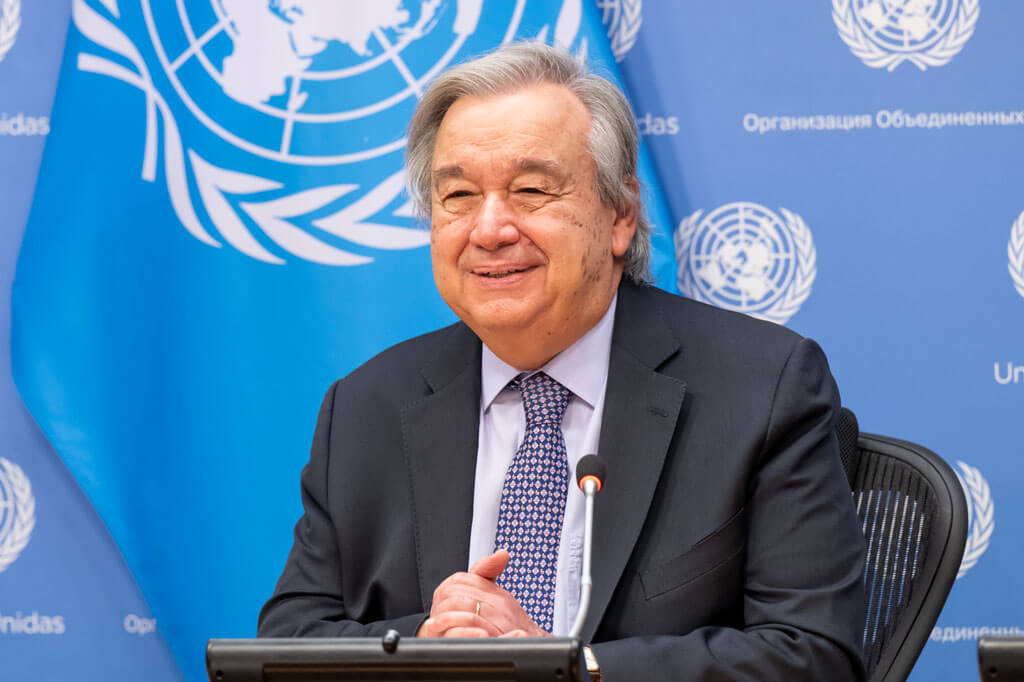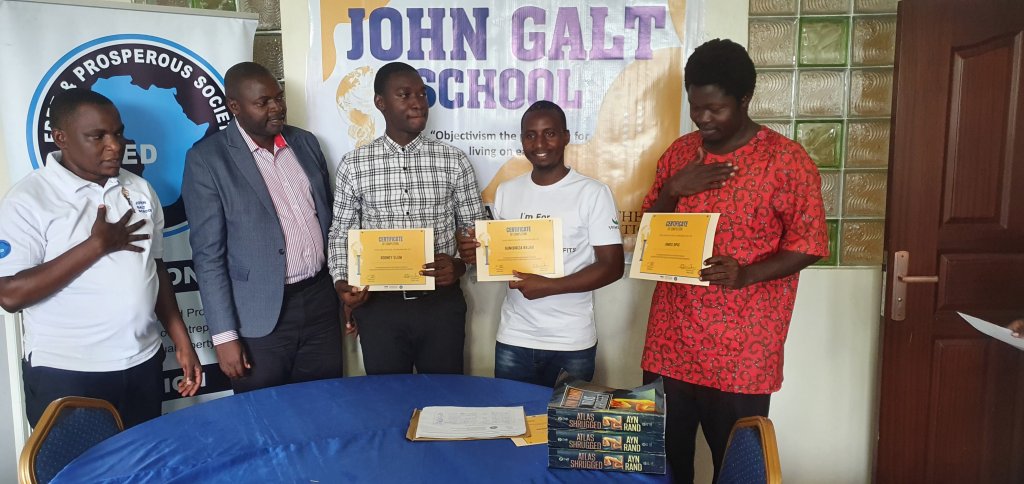The Summit of the Future: Is the UN (or UN Member States) committed to the aspirations they make?
The Summit of the Future is an upcoming gathering of all UN Member States, Civil Society, the Private Sector, Youth, and everyone else at the United Nations Headquarters in New York whereby inclusive commitments on sustainable development shall be re-echoed with a focus on reviving the global trust in the UN’s ability to guide world dwellers on the path of peace and prosperity, for all. The summit shall take place between 22nd and 23rd of September 2024.
The outcomes of the summit shall be summed up in a commitment book or document called The Pact for the Future. The Pact for the Future, whose ZERO DRAFT is already out, contains about 5 chapters, which highlight the areas of high priority for the UN and member states in the next few years. Reading through this pact makes me wonder if we mean what we say!
The Summit of the Future: Is the UN Committed to the Aspirations?

Exploring the zero draft of the summit of the future, I find myself contemplating the shared aspirations of UN Member States. While the document outlines admirable goals, one cannot help but question the feasibility of their realization.
The United Nations, as an institution, plays a vital role in encouraging global progress. However, it is essential to examine whether the Member States genuinely intend to fulfill the commitments they make during UN proceedings and across its various agencies.
Two areas that particularly caught my attention are: 1. Digital Technology and Innovation; 2. World Peace and Security. While the aspirations in these areas are commendable, their translation into reality within the near future appears challenging. Wait! They aren’t just impossible, but member states seem not interested in accomplishing them!
The Summit of the Future: Double Standards!

In the realm of Innovation and Digital Cooperation, the commitment to bridging the digital divide and providing universal access to free, fast, and open internet and digital technologies is a long-standing goal. Unfortunately, the progress in certain regions, for example, Africa and Asia, has been sluggish. Take the example of Uganda, a UN Member State.
As of 2024, major internet providers like MTN and AIRTEL still offer unreliable and expensive internet services, even in urban areas. A 2021 digital quality index ranked Uganda’s internet as the worst in terms of price (ranking number 116 out of 117) and four other aspects. In the end, Uganda was at 98th position out of 117 countries assessed. Nothing has changed since then. It is disheartening that issues such as data theft persist without adequate intervention from the Government.
Addressing the government’s role, it is crucial to acknowledge its contribution to the challenges. Instances of internet shutdowns and restrictions on social media platforms, such as Facebook, have been observed. The Government had confused Ugandans with a free internet service called ‘MYUG’ and it later died off.
It had two issues: 1. It was made private (one had to pay expensively just as for other private providers); 2. It got so poor in terms of internet speeds and available spots. And this is the same Government that subscribes to the UN and participates in endorsing such aspirations! Doesn’t the UN get bothered by such inconsistencies of a country deliberating on amazing aspirations while doing the opposite?
It isn’t Uganda alone; most UN Member States propose amazing policies on the UN floor and do the opposite on the ground or at home.
Turning to global peace and security, while the summit of the future is promising, the situation is disconcerting. Despite the UN’s emphasis on achieving peace and cooperation through initiatives like the Sustainable Development Goals (SDGs), conflicts persist, particularly in Africa. Regions like East Africa, specifically the Democratic Republic of the Congo (DRC), Sudan, and Somalia face ongoing conflicts, and insecurities prevail in many Francophone countries in central Africa. It raises questions about the commitment of countries to the ideals they advocate on the UN stage. The UN seems to tolerate ‘double standards’.
Even major powers like the United States and Europe, historically associated with promoting peace, have faced criticism for engaging in conflicts worldwide. Instances like the wars in Ukraine and Gaza are perceived as unnecessary escalations that could have been prevented through compromise. The actions of influential nations seem contradictory to the peace advocacy they express within the UN. Will they keep up with this hypocrisy even during the summit of the future?
Reflecting on UN aspirations and plans, especially the ones for the summit of the future, it is important to approach them with a sense of optimism. However, the disconnection between the idealistic rhetoric presented in UN documents and the harsh realities on the ground can be perplexing. It is essential to bridge this gap and ensure that the commitments made on the international stage translate into meaningful actions on the ground.
Listening to UN delegates make those rhetorical speeches can be depressing and annoying. Mostly the delegates are speaking of a world and life that is different from reality. I think they will do the same during the summit of the future. And when approached in their secrecy, you indeed meet men and women who don’t care about the troubles they are speaking about. And I can be wondering, where do these guys live?
It is important to note that the upcoming Summit of the Future is one of the UN General Secretary’s responses to the request to revive global trust in the UN processes and the whole ‘idea’ of multilateralism (the other is ‘The Common Agenda’).
If the UN (or member states) doesn’t seriously consider tasking countries to practice what they preach on the UN floor, global citizens will continuously lose trust in the institution. Countries will resort to handling matters in their own hands. Later, citizens will handle issues in their own hands.
And you know what! Some people see this as a better way! Anarchism!

NB: At Miklah Life, we prioritize innovation and entrepreneurship as a truly effective and efficient way to deliver on various UN aspirations. We therefore combine policy with action through entrepreneurship. Why? Entrepreneurship carries with itself the essence of self-interest, which caters to the individual needs and goals of those at the forefront of the action.
The idea of passing policies that call upon others to act in self-denial for the benefit of others and the common good is generally impractical and yields no results. At best, it takes years to deliver even on small actions that would have been possible in a few days following endorsement.
As the UN moves into the future, I and #MiklahLife would encourage them to prioritize innovations and entrepreneurship and support countries for self-reliance through investment and not just aid and unsolicited ‘help’. Thank you.



